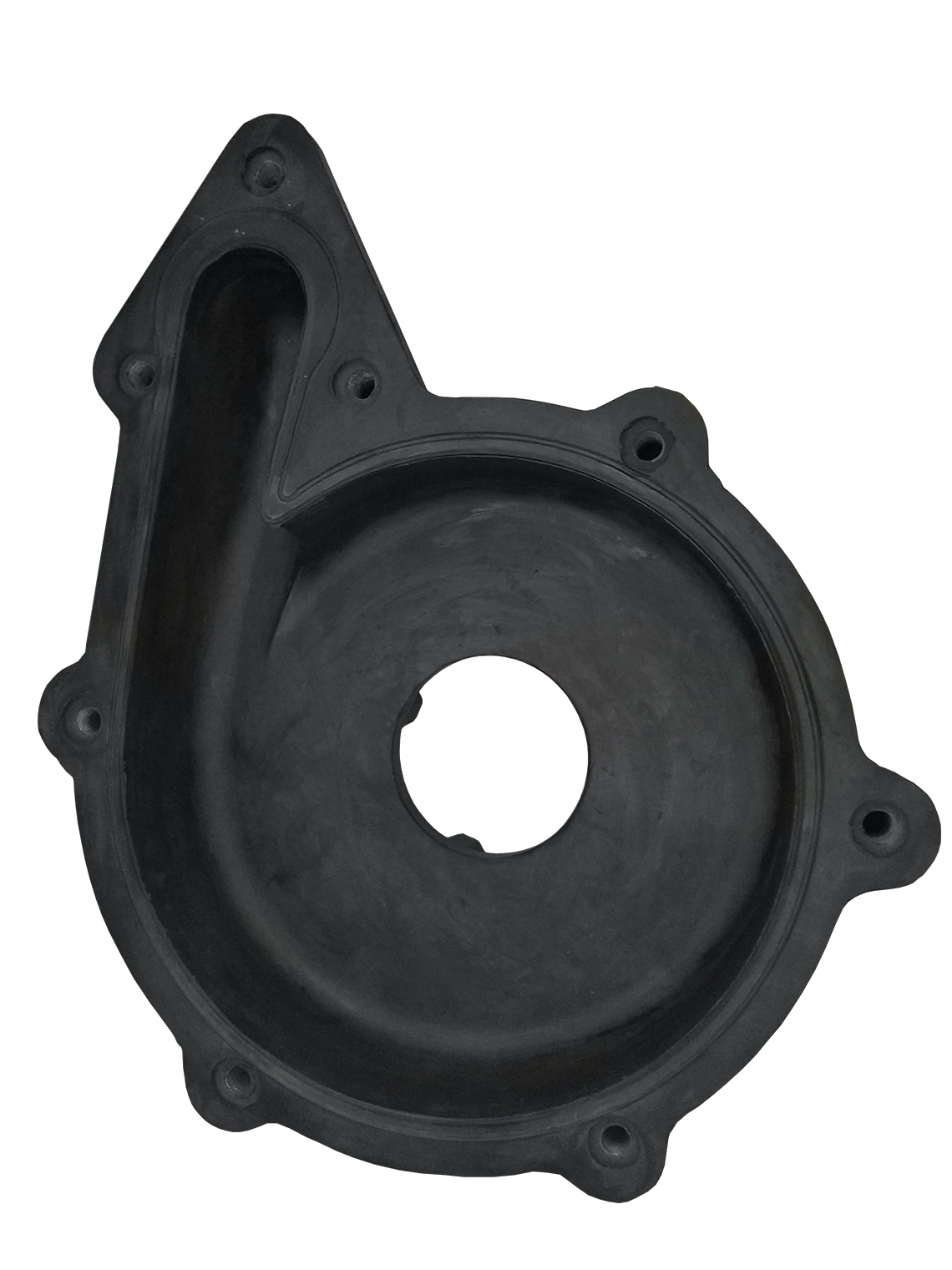-
 support@minemaxx.com
support@minemaxx.com
-
 0086-311-87833311
0086-311-87833311
 NO.8 JIHENG STREET,QIAOXI DISTRICT,SHIJIAZHUANG,HEBEI,CHINA
NO.8 JIHENG STREET,QIAOXI DISTRICT,SHIJIAZHUANG,HEBEI,CHINA
pump impeller
The Role and Importance of Pump Impellers in Fluid Mechanics
In the vast field of fluid mechanics, the pump impeller plays a vital role in the efficient movement of fluids. An impeller is a rotating component of a pump that transfers energy from the motor, thus increasing the kinetic energy of the fluid. Understanding the design, function, and operational significance of impellers can greatly enhance pumping systems' efficiency and reliability in various applications, ranging from industrial processes to municipal water supply systems.
Understanding Impellers
Pump impellers are typically designed with blades that are shaped to impart motion to the fluid. The design may vary based on application requirements, with options including closed, semi-open, and open impellers. Closed impellers, with their blades situated between two discs, are generally more efficient and are commonly used in high-pressure applications. In contrast, open impellers, which have no sidewalls, are preferred for handling slurries or fluids with solids since they can minimize clogging.
The shape of the impeller blades significantly influences the pump's performance. Curved blades often provide higher efficiency than straight blades due to better fluid flow dynamics. Additionally, the number of blades affects the flow rate and pressure developed by the pump. A balance must be achieved to avoid cavitation, a phenomenon where the pressure drops below vapor pressure, potentially causing damage to the pump.
The Function of Impellers
The primary function of a pump impeller is to convert rotational energy from the motor into hydraulic energy, moving fluid from an area of low pressure to high pressure
. As the impeller rotates, it creates a centrifugal force that pushes the fluid outward from the center of the impeller towards the outer casing of the pump. This movement increases the fluid's velocity and pressure, enabling it to flow through the discharge pipe.Impellers are not only concerned with moving fluids efficiently; they also contribute to the overall energy consumption of pumping systems. An appropriately designed impeller can minimize energy loss, leading to lower operational costs. Thus, selecting the right impeller design and material for specific applications is crucial, especially in industries where energy efficiency is a priority.
pump impeller

Applications of Pump Impellers
Pump impellers find use in various sectors, including agriculture, chemical processing, water treatment, and HVAC systems. Each application demands specific characteristics tailored to the fluid's properties and the system's requirements. For example, in water treatment plants, impellers designed for handling clear water are essential, while in industrial applications dealing with corrosive or viscous fluids, materials resistant to wear and corrosion, such as stainless steel or reinforced plastics, may be necessary.
In the agricultural sector, impellers are crucial for irrigation systems and in various machinery that transports water and nutrients to crops. Similarly, in the chemical industry, impellers assist in a variety of processes, such as mixing and transporting chemicals, where precision and reliability are paramount.
Maintenance and Performance Considerations
Regular maintenance of pump impellers is essential to ensure optimal performance. Wear and tear due to cavitation, corrosion, or sediment accumulation can reduce their efficiency and lead to system breakdowns. Routine checks, including inspections of the impellers for damage and ensuring that the pump operates within its designed parameters, can significantly extend their lifespan.
Moreover, advancements in technology have introduced innovative designs and materials that enhance impeller performance. Computational fluid dynamics (CFD) simulations help engineers optimize impeller shapes for specific applications, leading to improved flow rates and reduced energy consumption.
Conclusion
In conclusion, pump impellers are critical components that significantly impact the efficiency of pumping systems. Their design and functionality directly correlate with the operational performance of various applications across numerous industries. By understanding the intricacies of pump impellers, engineers and facility managers can make informed decisions that promote energy efficiency, reduce operational costs, and enhance the reliability of fluid handling processes. As technology continues to evolve, the future of pump impeller design promises further innovations that will push the boundaries of efficiency and effectiveness in fluid mechanics.
-
Wet Parts for Optimal PerformanceNewsOct.10,2024
-
Vertical Pump Centrifugal SolutionsNewsOct.10,2024
-
Top Slurry Pump ManufacturersNewsOct.10,2024
-
The Ultimate Guide to Centrifugal Pump for SlurryNewsOct.10,2024
-
Pump Bearing Types for Optimal PerformanceNewsOct.10,2024
-
A Guide to Top Slurry Pump SuppliersNewsOct.10,2024
-
Slurry Pump Parts for Optimal PerformanceNewsSep.25,2024

